Market Analysis
In-depth Analysis of Marine Battery Market Industry Landscape
The Marine Battery Market operates within a dynamic framework influenced by various factors that shape its growth, competitiveness, and innovation. Technological advancements are at the forefront, serving as a key driver of market dynamics. Continuous innovation in battery chemistry, design, and manufacturing processes contributes to the development of high-performance marine batteries. Advancements in lithium-ion and other advanced battery technologies enhance energy density, safety, and durability, aligning with the evolving needs of marine applications.
Regulations and environmental concerns significantly impact the market dynamics of marine batteries. Stringent emission regulations and a growing focus on sustainability drive the maritime industry towards cleaner and more energy-efficient solutions. Governments worldwide impose regulations aimed at reducing vessel emissions, fueling the adoption of electric and hybrid propulsion systems powered by advanced marine batteries.
Moreover, market dynamics are shaped by the diverse requirements of sectors within the maritime industry. Different segments, including commercial shipping, recreational boating, offshore industries, and military vessels, demand specialized battery solutions. Tailoring batteries to suit these diverse needs influences market strategies and product developments, driving innovation and competition within the marine battery market.
Economic factors also play a substantial role in shaping market dynamics. Fluctuating fuel prices and operational costs impact the adoption of marine batteries. As fuel costs fluctuate, vessel operators increasingly consider energy-efficient alternatives, such as electric or hybrid propulsion systems powered by marine batteries. The economic viability and long-term cost savings associated with adopting advanced battery technologies influence market decisions.
Consumer behavior and preferences contribute significantly to market dynamics. The rising interest in sustainable and eco-friendly solutions propels the demand for cleaner propulsion systems. Consumers, including recreational boat owners, favor electric or hybrid boats due to their quieter operation and reduced environmental impact. This consumer-driven demand fosters a greater need for marine batteries tailored to recreational applications.
Additionally, global trends towards renewable energy integration influence the market factors of marine batteries. As the maritime industry explores renewable energy sources such as solar and wind, the demand for marine batteries to store and manage this energy increases. Batteries serve as essential components for storing energy generated from renewables, driving the market towards more sustainable solutions.
Furthermore, safety and reliability standards are pivotal in influencing market dynamics. Vessels operating in harsh marine environments demand batteries that meet stringent safety requirements, ensuring reliability, durability, and stability in challenging conditions. Compliance with industry standards and certifications shapes the competitive positioning of battery manufacturers within the market.
In conclusion, the Marine Battery Market's dynamics are influenced by technological advancements, regulatory standards, industry diversification, economic factors, consumer preferences towards sustainability, renewable energy trends, and safety and reliability requirements. The convergence of these factors shapes the trajectory of the market, influencing innovation, adoption rates, and the competitive landscape of marine battery solutions within the maritime industry.


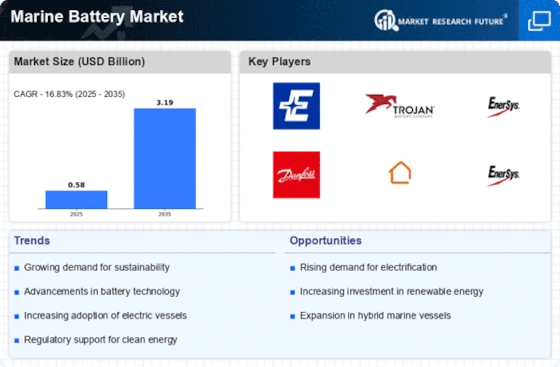

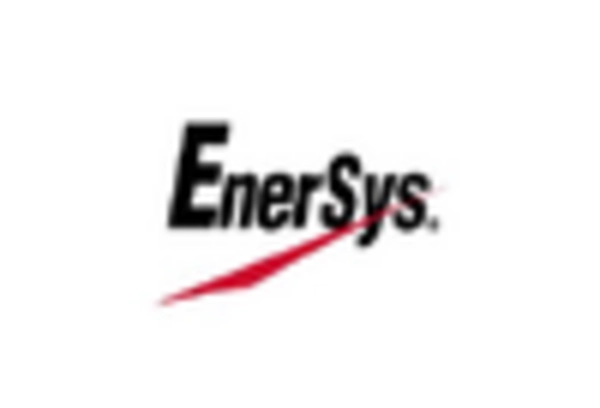
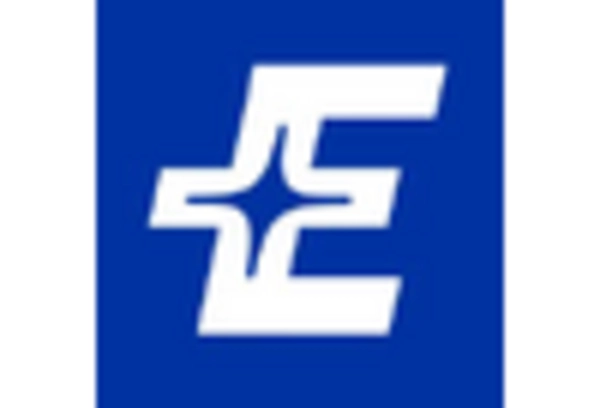
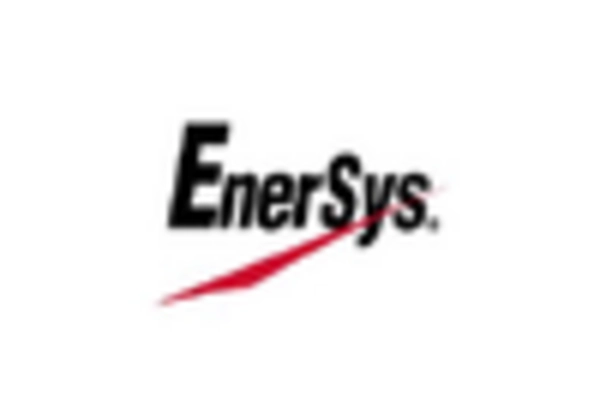

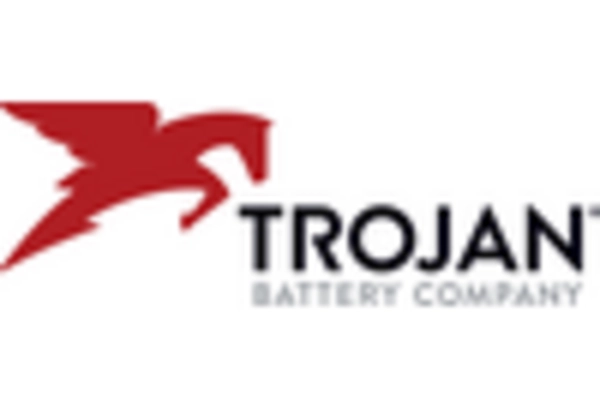









Leave a Comment